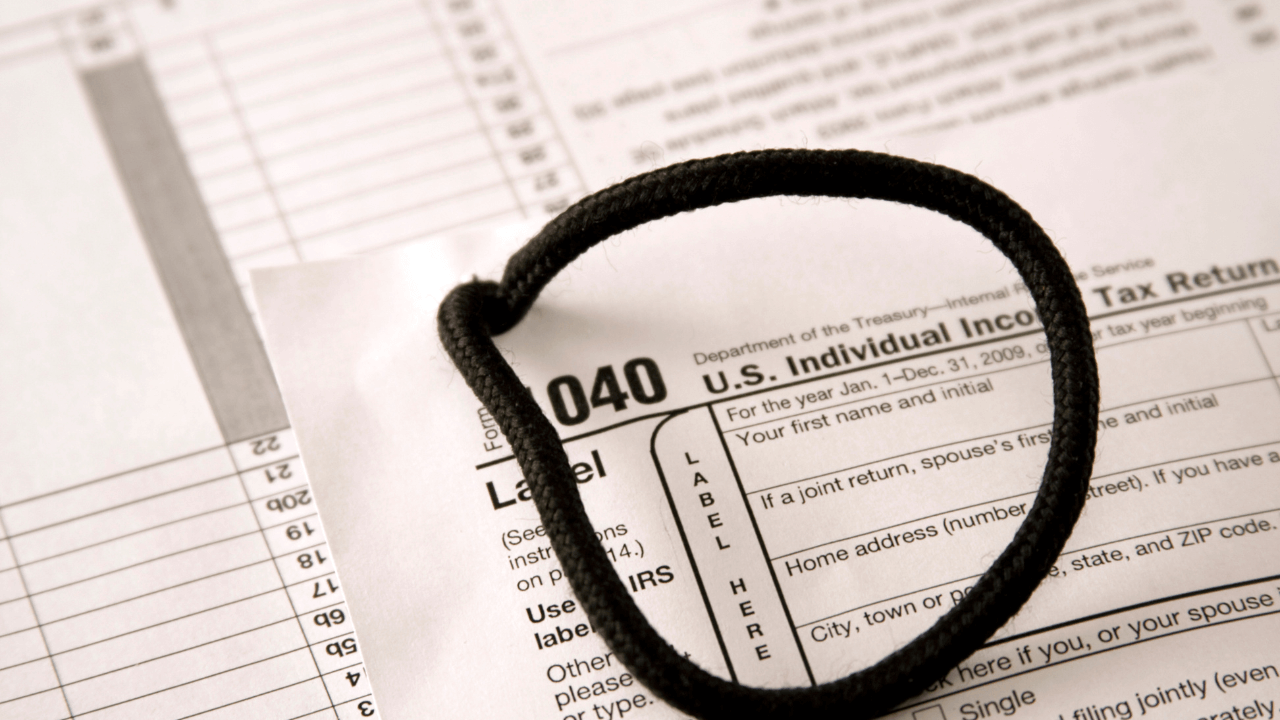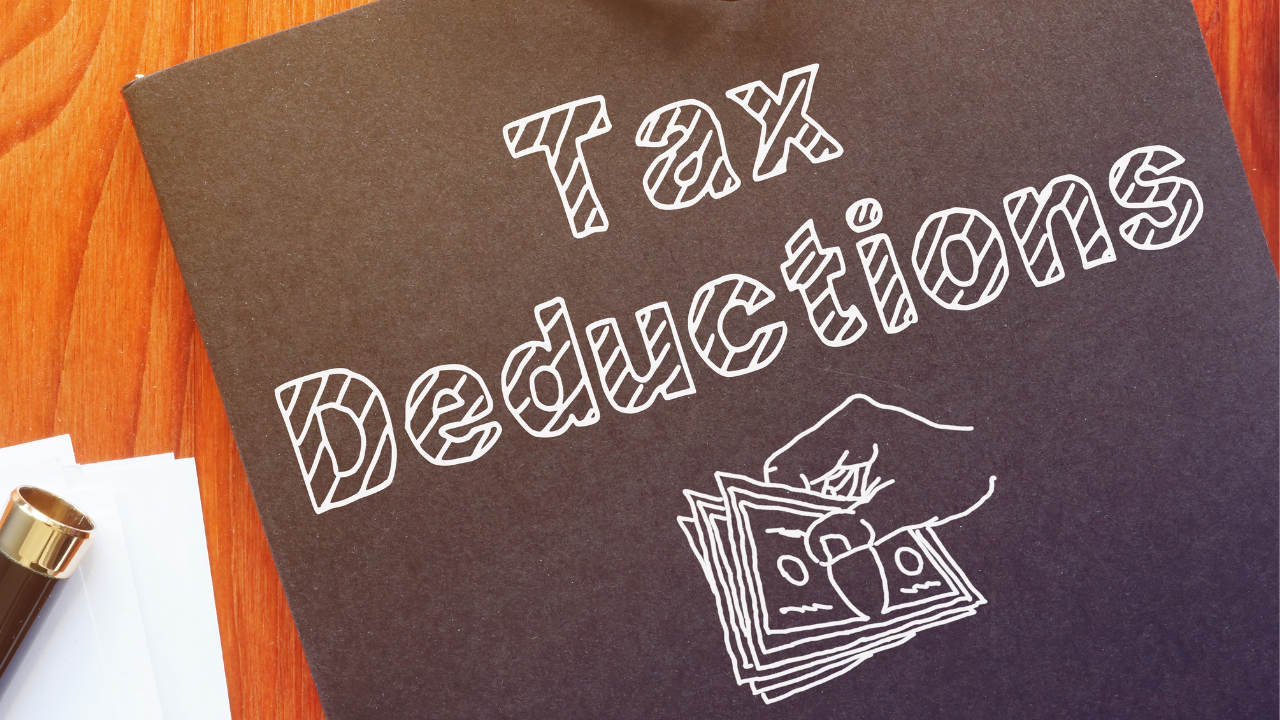Language:
The Basics of DoorDash Taxes for Drivers

DoorDash and the gig economy, or side hustle, have taken by storm and provided people of all ages and backgrounds the opportunity to create an additional cash stream, all with the convenience of a vehicle and an app. Not only does DoorDash provide additional opportunities to earn cash, but it also provides drivers the opportunity to form their own business, either part or full-time. But with great earnings comes great responsibility — or in this case, taxes. In this article, we’ll walk through what it means to be an independent contractor, all the items and forms you’ll need to correctly file your taxes and write-offs as a DoorDasher to keep Uncle Sam at bay.
Tax Obligations as a DoorDash Driver
As a dasher or delivery driver, you identify as an independent contractor. This means that unlike working for an employer where you receive a paycheck as an employee of the company (referred to as W-2), you’re self-employed and provide a service to DoorDash on behalf of yourself as a business. It’s important to understand the difference between being a regular employee and a dasher before you take your first order, especially if DoorDash is your first foray into the independent contractor world.
While being a dasher has many perks, it also means YOU are responsible for filing your taxes on the profits you make while delivering, not DoorDash. We’ll take a look at all the required documents and how and when to file your taxes to avoid a surprise tax bill come tax season.
Required Documents
Before you decide to file taxes on your hard-earned DoorDash profits for the year, there’s a list of requirements you’ll need to prepare, whether you file taxes yourself or with a tax professional.
- Personal ID number: Unless you’re registered as a Limited Liability Company (LLC) and have your own Employee Identification Number (EIN) for your DoorDash business, you’ll need to include your Social Security Number (SSN) as part of tax filings.
- W-2s or 1099s: The tax code requires you to submit all earnings for the year. If you’re a full-time employee and part-time dasher, you’ll be required to submit both your W-2 and 1099-NEC form as part of your tax filings. If you’re just a dasher, you’ll only be required to submit a 1099-NEC (non-employee compensation) form if you earned $600 or more in earnings from DoorDash in the previous year. The 1099-NEC form can be downloaded via a Stripe Express account.
- Bank statements: Whether you fall below the $600 threshold for a 1099-NEC or not, it’s paramount that you provide a copy of your bank statement with earned income dashing from the previous year, especially if your side hustle includes any other rideshare or contracting opportunities. Uncle Sam wants taxes from ALL earned income as a contractor. Bank statements are essential to showing your tax preparer proof of direct deposits.
- Receipts for business expenses: It turns out you’ll need those crumpled receipts underneath your car seat. As an independent contractor keeping receipts and records of all purchases related to your DoorDash business such as gas receipts, parking receipts, car maintenance, equipment, and more all help reduce your taxable income. The lesson is, ALWAYS keep those receipts!
Calculating Your Earned Income
Earned income = total earnings (W2 and 1099) – expenses
It’s important to understand the difference between earned income and net income. This simple calculation will provide you the final amount (earned income or income you earned over the year) you’ll pay taxes on. This is also referred to as earnings before taxes (EBT) in the finance world. Net income is the final amount you get to pocket after paying taxes.
Sadly, you won’t be able to take home the full earnings from DoorDash, however, the bright side is that you’ll be able to deduct those expenses (or write-offs), which we’ll explore in more detail.
Expenses that You Can Write-Off
Take full advantage of all the tax deductions allowed by the Internal Revenue Service (IRS)! Why? As a DoorDash contractor, you’re not expected to eat the costs of any business-related expenses such as gas, car repairs, maintenance, and more. You can ‘write-off’ these expenses to help reduce your earned income and to lower your overall tax bill.
Be mindful that there are limitations that come with writing-off business expenses. For example, in most cases, you’re only permitted to write off a percentage of certain expenses vs. the entire expense, especially if it’s used in tandem with personal use.
Where do you capture all your expenses to include come tax time? As a DoorDash sole proprietor or LLC, you’ll enter all your expenses in what’s called a Schedule C (Form 1040). In this IRS report, you’ll list your revenue along with all your expenses this year broken down by categories like advertising, supplies, and vehicle expenses. While certainly not a requirement, consider opening up a separate debit card or credit card specifically for your DoorDash business to easily keep track of your business expenses to keep them separate from your personal expenses.
What Items Can Be Expensed?
Car-Related Expenses
Seeing as how your vehicle is your livelihood as a deliverer of food, groceries, and more you can deduct car-related expenses one of two ways: standard mile deduction vs. actual expense deduction.
Standard mileage deduction: Using this method you’ll need to keep track of mileage used specifically for your DoorDash business. In 2022, for every mile you drove for delivery purposes you’re eligible to be reimbursed $.0585/mile from Jan 1st to June 30th and $.0625/mile from July 1st to December 31st. The reason for the 2 different rates in 2022 was the government accounting for egregious gas prices in the second half of the year.
Actual expense deduction: If opting for the actual expense route of deductions you’re privy to an extensive list of write-offs.
- Gas
- Maintenance
- Car payments
- Tires
- Repairs
- Insurance
Remember, the standard mileage deduction has actual expenses baked into the reimbursement cost for each mile. Regardless of which method you choose, it’s important to keep track of all car-related expenses including mileage for tax time. Your tax professional can advise on the most tax-effective method for filing.
Other Related Expenses
In addition to vehicle-related expenses be aware of the number of other expenses that can be written off as well. Some of those include:
- Cell phone
- Apps used to track mileage, operate your business or bookkeeping
- Parking fees and tolls
- Equipment such as insulation bags and blankets
- Background checks
Even the smallest expense can help reduce your taxable income, so be sure to track any item that could be an expense. Keep in mind you’ll only be able to write off a percentage of these expenses related to your business if they’re used for personal use as well (e.g. if you only use your vehicle 20% of the time to DoorDash, you can only write-off 20%), not the entire amount.
How to File DoorDash Taxes
Being a DoorDash contractor means you’re responsible for your taxes and gathering the necessary documents. If you’re a full-time employee elsewhere you’ll need to provide documentation of that income too. The first thing you’ll need to do is download the required 1099-NEC form. If you accumulated more than $600 in earnings you will be invited to open a Stripe Express account where you’ll be able to download the form directly.
As was previously mentioned, in addition to your DoorDash earnings, you’ll be required to report any income earned outside DoorDash, which includes wages from a job, investment income, short-term capital gains, 401k, and more.
When to File for DoorDash taxes
Now that the “how” to file your taxes has been covered, let’s talk about the “when.” As a dasher, the rule of thumb is if you expect to make $1,000 or more delivering you’ll need to file quarterly taxes to keep the IRS happy. Quarterly tax payments need to follow the following payment schedule:
- April 15
- June 15
- September 15
- January 15
If you plan to make less than $1,000 for the year you’ll likely only need to file once, which can be completed on or by tax day. Utilize the many free tax calculators available to estimate quarterly tax amounts.
The DoorDash Opportunity
Although taxes are mostly doom and gloom, DoorDash and other delivery services provide a unique opportunity for anyone to make extra cash — how they want and when they want. With more people taking advantage of the side hustle era, it’s important to understand the implications that come with operating your own business, especially with taxes.
As a dasher, keeping track of your books is the last thing you want to do after making deliveries. That’s where doola comes in — to take on the burden of entering and tracking revenue and expenses so you don’t have to. Make more deliveries and leave your bookkeeping to doola.
FAQs
Is DoorDash worth it after taxes?
Each person has a different goal with DoorDash. It’s important to calculate what you think you’ll make, less expenses and taxes, to make an informed decision. Overall, many drivers find DoorDash to be a lucrative option to pocket extra money.
Do you pay taxes on Doordash tips?
Tips are considered taxable income and should be included in your tax filings.
Do I owe taxes for working for Doordash?
As an independent contractor you are responsible for filing your own taxes on earnings received through DoorDash.
What happens if you don’t pay DoorDash taxes?
You could receive notice from state and/or federal governments to pay unpaid taxes along with any fees or penalties incurred during that period of not paying. The IRS always finds a way.
Do I have to file taxes for DoorDash if I made less than $600?
You’ll still be required to report any income earned as an independent contractor with DoorDash, even if it was less than $600.
How do I get my 1099 from DoorDash?
If you made more than $600 via DoorDash you should receive an email to sign up for a Stripe Express account, where you’ll be able to access and download the required 1099-NEC form.
Keep reading
Start your dream business and keep it 100% compliant
Turn your dream idea into your dream business.















